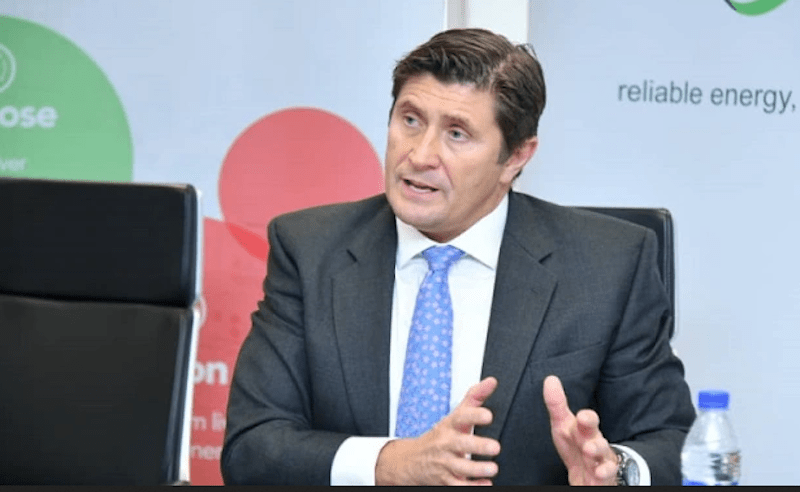Indications have emerged that the federal government is bent on privatizing key oil and gas stakes, a plan that has continued to face stiff opposition by Nigerians no matter the code government is trying to force it on Nigerians.
It would be recalled that earlier last year, the federal government had moved to sell off major assets in the nation’s oil and gas industry but was turned aback by public outcry, but the plot has worked its way into the newly launched economic recovery plan of the government.
A stakeholder who spoke to our correspondent on grounds of anonymity said “With the provision that government will offload some of its stakes in major oil and gas investment in the new economic recovery plan, it then mean that the new plan is just a change of name while the idea to sell national assets remain the same”.
In his further submission, he argued that “Nigerians cannot be fouled, we are watching”.
Tuesday, in Abuja, the federal government rolled out the long awaited Economic Recovery and Growth Plan, a Medium Term Plan for 2017 to 2020, which was released by the Ministry of Budget and National Planning.
However, the new plan indicates that in a bid to increase local production capacity, the government would increase the refining capacity to meet domestic demand and become a net exporter of petroleum products by 2019.
Besides, the key activities include the conclusion of downstream liberalisation; implementation of new business models for the refineries; and the revamp of the refineries to increase capacity utilisation.
Another angle of the new policy that will elicit reactions from stakeholders is the government plan to encourage private-sector participation through co-location and JV arrangements, and quickening of the National Assembly to ensure passage of the PIB.
It could be recalled that late last year, the National Economic Council, which comprises Vice-President Yemi Osinbajo and the 36 state governors, endorsed plans by the Federal Government to sell some national assets as part of efforts to address the current economic recession in the country.
With the release of the new economic recovery plan, indications are rife that the coalition of organised labour, including the Nigeria Labour Congress, Trade Union Congress of Nigeria and the Nigeria Union of Petroleum and Natural Gas Workers, may kicked against the move after all because it amounts to representing a rejected idea using a colourful name.









